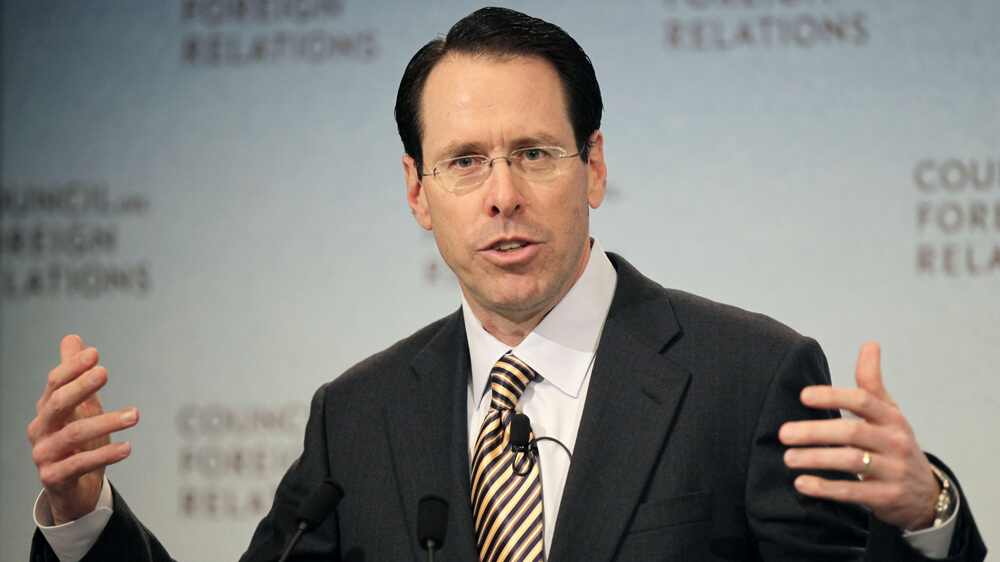
Few issues have attracted as much widespread attention as net neutrality. Back in December, FCC Chairman Ajit Pai and two of his fellow commissioners controversially voted to roll back Title II net neutrality protections that had been in place for years.
Tech companies were quick to come out against the ruling and lawmakers have made attempts to overturn the FCC's decision. Last week, the Senate was a single vote away from doing just that. At the state level, Montana Governor Steve Bullock issued an executive order yesterday which will compel ISPs operating within the state to abide by net neutrality rules:
There has been a lot of talk around the country about how to respond to the recent decision by the Federal Communications Commission to repeal net neutrality rules, which keep the internet free and open. It’s time to actually do something about it [...] The State of Montana is one of the biggest consumers of internet services in our state. Today we’re making our choice clear: we want net neutrality.
It seems ISPs aren't content to sit back and wait for lawmakers to come up with solutions. AT&T CEO Randall Stephenson published an open letter today calling for an "Internet Bill of Rights" to replace net neutrality protections.
"Congressional action is needed to establish an 'Internet Bill of Rights' that applies to all internet companies and guarantees neutrality, transparency, openness, non-discrimination and privacy protection for all internet users," the letter reads. "Legislation would not only ensure consumers' rights are protected, but it would provide consistent rules of the road for all internet companies across all websites..."
Stephenson goes on to say that AT&T is "committed to an open internet" and that the company has no intention of blocking websites or censoring online content, nor will they "throttle, discriminate or degrade network performance based on content."
However, this leaves room for the possibility of "paid prioritization," a process by which ISPs could theoretically allow a company to pay for its users to have faster access to their website over a competitor's.
https://www.techspot.com/news/72919-att-ceo-consumers-need-internet-bill-rights.html